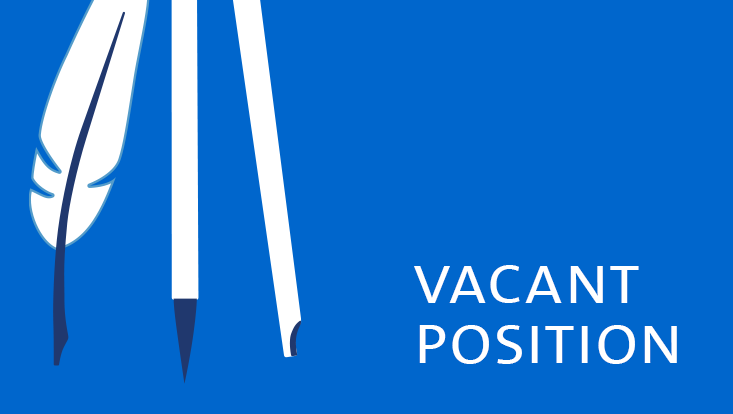Humanities-Centred Artificial Intelligence
4 November 2024

Photo: Gwen Melzer
Bridging the gap between computer science and the humanities is the central tenet of the workshop ‘Humanities-Centred Artificial Intelligence’ (CHAI). The proceedings of the fourth edition of this workshop, held in Würzburg in September 2024, are now available open access.
It is no easy task to initiate a fruitful collaboration between computer science and the humanities. The respective technical languages and methods seem too different, and the forums that enable a genuine exchange between researchers from these different fields are still very rare. At the same time, it is obvious that the rapid developments in the field of AI will not stop at the working methods in the humanities. In view of the possibilities that customised AI applications can open up for humanities scholars, these developments are certainly to be welcomed. At the same time, both sides need to be patient and open-minded in order to develop applications that provide humanities scholars with real added value for their work.
Since 2021, the workshop ‘Humanities-Centred Artificial Intelligence’ (CHAI) has provided one of the few shared spaces where researchers working in this promising field can meet. The fourth edition of the workshop took place on 23 September 2024. As in previous years, it was part of the German Conference on Artificial Intelligence, whose 47th edition was held in Würzburg this year. The primary aim of this instalment of CHAI was to highlight human-machine interactions through a series of current research projects that emphasise the role of data usability, computational methods, and the use of large language models (LLMs).
CHAI 2024 was organised within the framework of the Institute for Humanities-Centred Artificial Intelligence, which was officially launched in spring 2024 at the University of Hamburg and which is closely connected with the CSMC. More specifically, the workshop was implemented by Sylvia Melzer, Hagen Peukert, Stefan Thiemann, and Erik Radisch. The proceedings of the workshop have recently been published and are available open access here.


